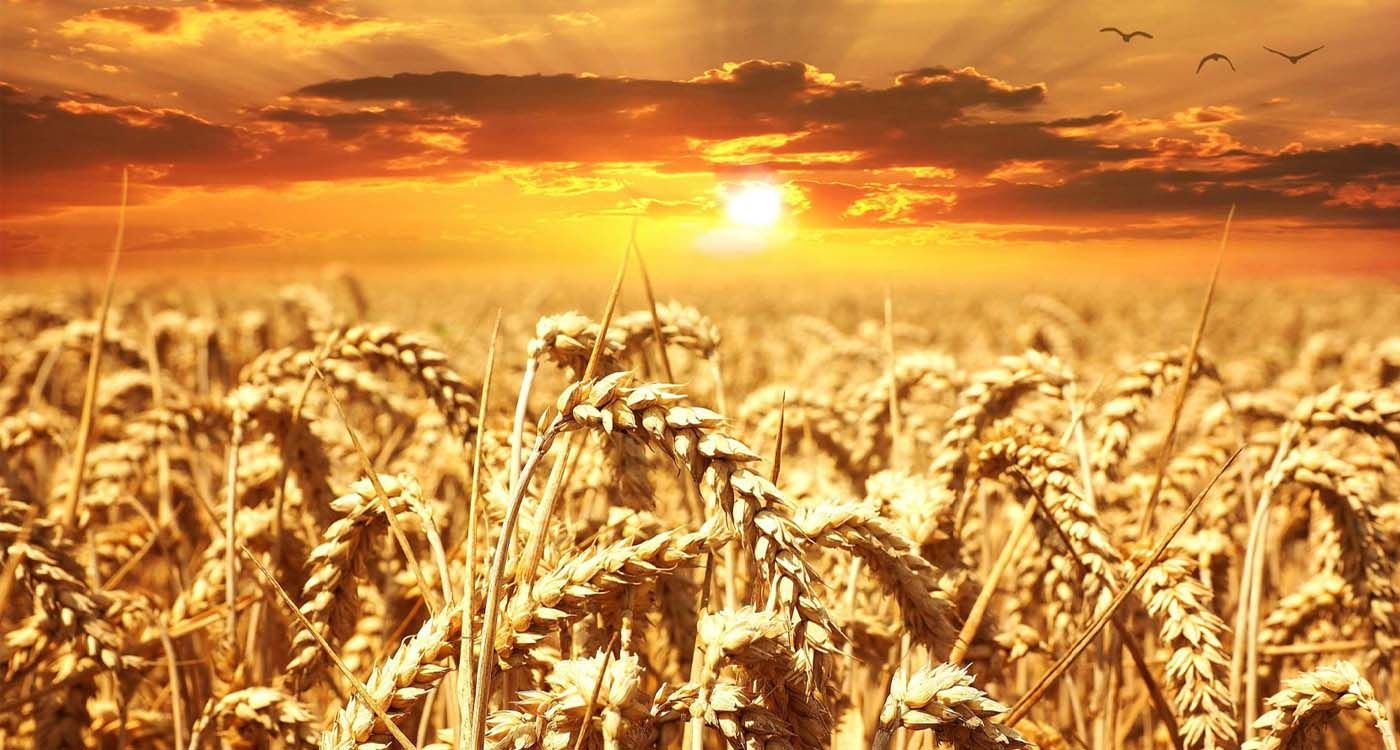
As Lebanon’s farmers grapple with worsening drought, labor shortages and rising tensions along the border, another crisis is taking root – literally. A familiar pest, the sunn pest, is back, and it’s putting the country’s wheat harvest at serious risk.
The sunn pest (Eurygaster integriceps), commonly known as the wheat bug, may be small, but its impact is devastating. Feeding on wheat stems, leaves and, most damagingly, the developing grains, this insect can destroy up to 90% of a crop in a single season. In the Beqaa Valley – Lebanon’s primary wheat-growing region – the threat is increasing by the day.
The timing couldn’t be worse. The sunn pest emerges in early May and stays active through mid-June – just as the wheat heads mature. And it thrives in the very conditions Lebanon is currently facing: hot, dry weather, with little rainfall. In short, the country’s climate is providing ideal conditions for infestation.
A Harvest Already in Trouble
The return of the sunn pest adds another layer of strain to Lebanon’s wheat sector, already under severe pressure. According to the Ministry of Agriculture, the country’s 2024 wheat production fell by 34% compared to the five-year average, reaching just 120,000 tonnes. The decline is largely attributed to climate stressors, including a dry spring, a May heatwave and a yellow rust outbreak that swept through key farming areas.
These conditions have not only hurt last year’s output – they have also disrupted the 2025 planting season, pushing sowing dates back and setting the stage for an even smaller harvest. As a result, Lebanon’s wheat import requirements for the 2024/25 marketing year are projected to rise to 670,000 tonnes, around 4% above average – a concerning trend for a country grappling with food insecurity.
Farmers in regions like the Beqaa Valley are contending with a triple crisis: worsening environmental conditions, pest infestations like the sunn pest, and shrinking access to labor and financial support.
Ibrahim Tarchichi, the Head of the Beqaa Farmers Association, has urged authorities and stakeholders to take action, calling for “a collective and immediate response to combat the sunn pest before it’s too late.”
A Race Against Time
Lebanon’s Minister of Agriculture, Nizar Hani, has sought to reassure farmers and the public that the sunn pest situation is being carefully monitored. Speaking to This is Beirut, he confirmed that technical teams were dispatched to the Beqaa Valley last Saturday to assess the infestation firsthand. For now, he said, the outbreak remains contained.
But any chemical intervention, he warned, hinges on clear scientific criteria. “We cannot act impulsively,” Hani explained. “We need to confirm a density of three to four insects per square meter before moving forward. The pesticide we have is extremely potent – it must be used precisely and responsibly.”
Preparations are already underway. Pesticide stockpiles are expected to arrive this week, and the Lebanese Army is on alert to assist if needed. Aerial spraying by helicopter is being planned to ensure rapid, uniform treatment across large tracts of farmland.
Still, the minister sounded a note of caution. As temperatures continue to climb, the risk of a wider infestation grows. The coming days will be critical.
For farmers in the Beqaa – many of whom are already stretched thin by drought, rising costs and border instability – time is of the essence. The threat posed by the sunn pest is not just agricultural. It hits at the very core of food security in a country where bread remains a daily necessity.

Comments